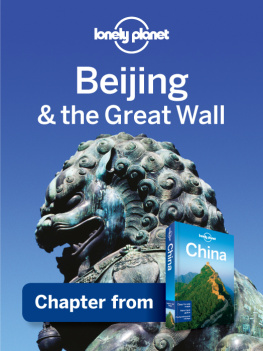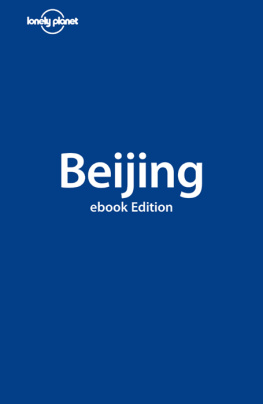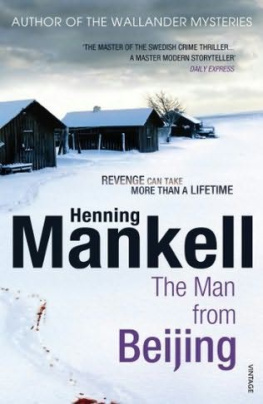Journal of Beijing Film Academy - Beijing Film Academy 2018
Here you can read online Journal of Beijing Film Academy - Beijing Film Academy 2018 full text of the book (entire story) in english for free. Download pdf and epub, get meaning, cover and reviews about this ebook. year: 2020, publisher: Intellect Books Ltd, genre: Non-fiction. Description of the work, (preface) as well as reviews are available. Best literature library LitArk.com created for fans of good reading and offers a wide selection of genres:
Romance novel
Science fiction
Adventure
Detective
Science
History
Home and family
Prose
Art
Politics
Computer
Non-fiction
Religion
Business
Children
Humor
Choose a favorite category and find really read worthwhile books. Enjoy immersion in the world of imagination, feel the emotions of the characters or learn something new for yourself, make an fascinating discovery.

- Book:Beijing Film Academy 2018
- Author:
- Publisher:Intellect Books Ltd
- Genre:
- Year:2020
- Rating:5 / 5
- Favourites:Add to favourites
- Your mark:
- 100
- 1
- 2
- 3
- 4
- 5
Beijing Film Academy 2018: summary, description and annotation
We offer to read an annotation, description, summary or preface (depends on what the author of the book "Beijing Film Academy 2018" wrote himself). If you haven't found the necessary information about the book — write in the comments, we will try to find it.
Beijing Film Academy 2018 — read online for free the complete book (whole text) full work
Below is the text of the book, divided by pages. System saving the place of the last page read, allows you to conveniently read the book "Beijing Film Academy 2018" online for free, without having to search again every time where you left off. Put a bookmark, and you can go to the page where you finished reading at any time.
Font size:
Interval:
Bookmark:

Academy Yearbook
2018
2018

An Interview with Qiao Liang, Director of Crested Ibis
| (, Wang Yao): | First of all, congratulations on your Crested Ibis (/ Yuan Shang, 2017) for winning the Golden St George Prize at the 39th Moscow International Film Festival(2018). This is the highest achievement of any Chinese submission to the film festival in its history. |
| (, Qiao Liang): | Thank you. |
| Wang: | Looking at your filmography, you seem to have worked on more TV series and TV films than silver screen titles, with Crested Ibis being your third film. How do you select your film projects? |
| Qiao: | In my work, I never really think about those categories; the only criteria that guides my selection is whether I like the project or not. If I do [like it], I will start working on it, no matter whether its a made-for-television movie or a feature film. I also sense a widespread prejudice against television movies today. Many audiences believe that a film only deserves that classification if it hits the silver screen, and if its distributed through any other channel its not a film. By that logic, even Kielowskis Dekalog (198990) wouldnt count as a film series. This method of categorization is really problematic. So, in this regard, I treat all my projects equally; I do not exert any more effort on films made for theatrical release. I also dont think that films are, by default, more sophisticated than television shows. There are as many lousy films as really well-made television shows out there. Im just shooting what I like, on subject matters that I choose to talk about. I do not make my choices based on these categories. |
| Wang: | The scale of investment and the distribution channel also affect certain aspects of a film. Some scholars (Yu Chen, 2011) conducted research to compare the audio-visual language of web series and web films with traditional television shows and films made for theatrical release, and they discovered differences in the number of close-up shots, the framing techniques and the rhythm of the editing, among other aspects. They consider the distribution channel to be the main cause of these differences. Have you thought about this? |
| Qiao: | Of course. What I just said relates to my modus operandi: if Im interested in a project or if I feel like I have something to say about it, I wont have a bias towards any form in particular. However, when it comes to production methods and techniques, certainly there are differences between big screen and small screen productions. This is something that took a while for me to realize. When I was studying at the Beijing Film Academy, I was trained exclusively in film, so in terms of pre-production, I have always worked in a more filmic tradition. When I first started working on television movies, my instructors at the television movie channels often told me that the pace of my works was too slow. Later, when |
Font size:
Interval:
Bookmark:
Similar books «Beijing Film Academy 2018»
Look at similar books to Beijing Film Academy 2018. We have selected literature similar in name and meaning in the hope of providing readers with more options to find new, interesting, not yet read works.
Discussion, reviews of the book Beijing Film Academy 2018 and just readers' own opinions. Leave your comments, write what you think about the work, its meaning or the main characters. Specify what exactly you liked and what you didn't like, and why you think so.

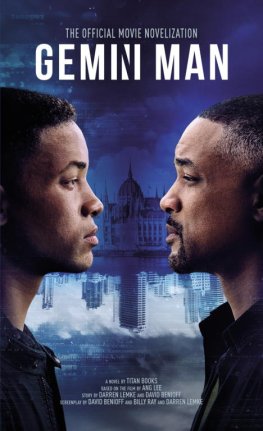
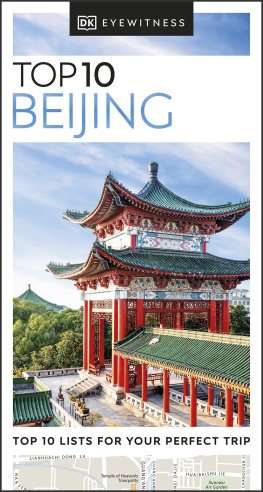
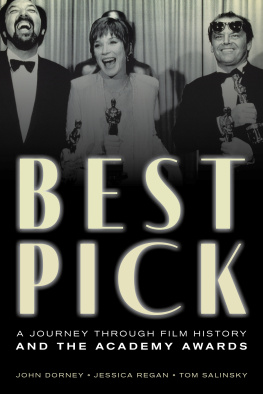
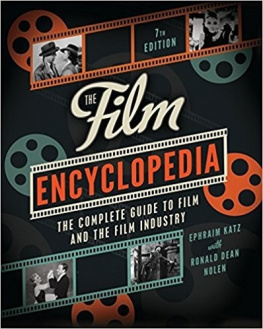
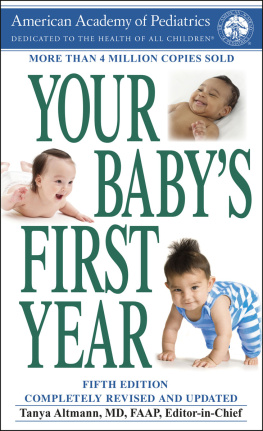

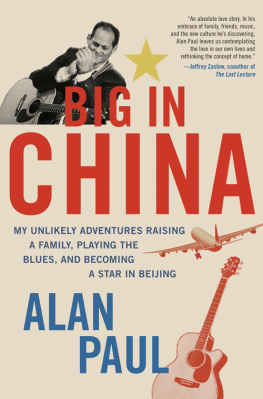
![Martin Zatko - The Rough guide to Beijing [2014]](/uploads/posts/book/218133/thumbs/martin-zatko-the-rough-guide-to-beijing-2014.jpg)
